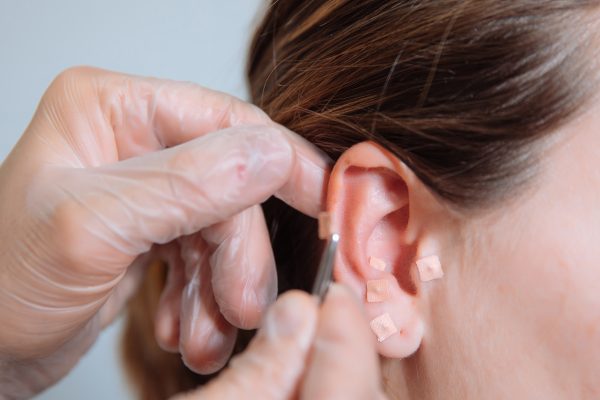
People who suffer from haematological diseases, such as leukemia, are often treated with high doses of chemotherapy, often combined with radiation therapy. This treatment severly impacts the immune system of the patient, and this greatly raises the risk of food poisoning.
The same principle applies to people who have undergone stem cell transplants, because they have to take immunosuppressant medication. Food hygiene is a matter of life and death for these patients. RadboudUMC in Nijmegen (Netherlands) provides a useful checklist that helps people with compromised immunity handle food safety.
We have condensed the advice into five leading principles.
A juicy medium rare steak, a Reuben sandwich, tuna sashimi or a cracker with camembert cheese: they may all be delicious but should be avoided by people with compromised immune systems. Most cold meats are actually taboo, and the same goes for smoked products (salmon for instance) and poached eggs. Equally unadvisable are probiotics, like fancy yoghurts with ‘healthy’ bacteria. All vegetables need to be thoroughly washed or even blanched. And be careful with herbs or pepper because they may contain fungal traces.
Eating out presents a whole set of risks for people with a weakened immune system. How is the kitchen hygiene at the restaurant you choose… or at your friend’s or family’s place? And is the food fresh and has it been heated through and through? Be wary of fastfood restaurants and buffets, where warm food can be over an hour old, which greatly raises the risk of an bacterial infection. Even the pizza delivery man will need to become a stranger.
The Netherlands Nutrition Centre (NNC) has compiled a useful list with storage advice for more than 2.000 food items. (Click HERE for the list in English). By rule of thumb: the shorter you keep something stored, the safer it is. A refrigerator is not some kind of magical device in which time stands still and food keeps indefinitely. Keep the temperature low (4 degrees) to slow down bacterial growth; make sure food is always covered; never keep leftovers for longer than 48 hours; never leave dairy products outside the fridge for more than 2 hours.
Washing hands after visiting the toilet or before handling food, that makes sense to most of us. But is the general level of household hygiene compatible with the demands of vulberable people with impaired immunity? Cross contamination can happen in an instant. Just a quick wipe with a dishrag can be enough to spread bacteria all over the kitchen. The NNC provides a few tips that help prevent this. Such as the usage of cutting boards that are made of glass, metal or polymers instead of wood. Also: use a different cutting board for meat, fish and vegetables. And ensure that cooked and uncooked food are kept far away from eachother; if possible, use separate work surfaces. And ditch that germ-infested dishrag and use paper towels instead.
Bacteria are pesky little organisms that thrive in warm and damp environments, so no wonder they love food. This is why the NNC strictly advices to make sure leftovers are heated to a temperature of at least 68 degrees, a temperature that kills off most micro-organisms. Letting food cool off and reheating it again is a very bad idea, the NCC warns.